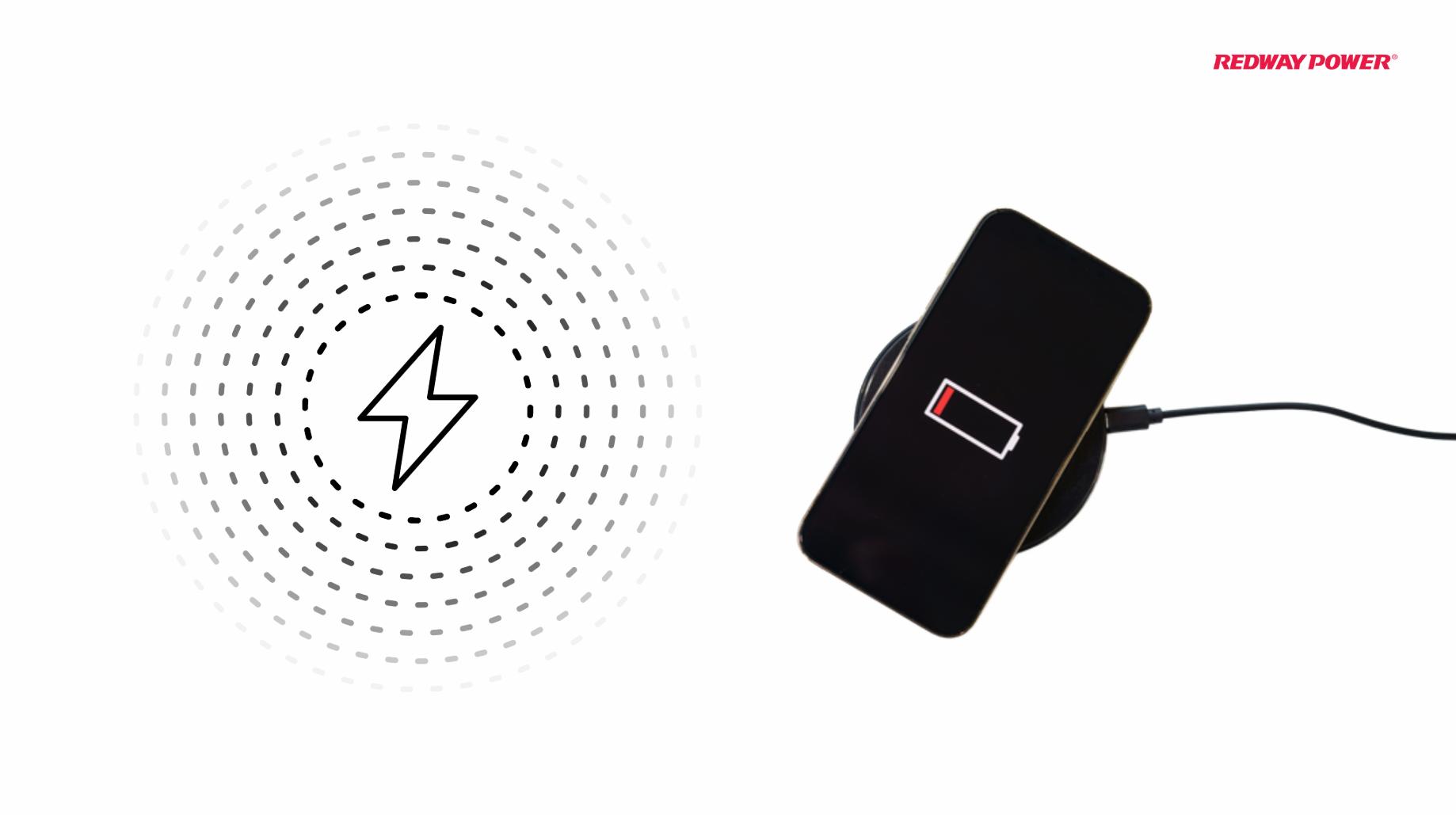Wireless chargers have become increasingly popular due to their convenience, but how efficient are they compared to wired chargers? This article explores the efficiency of wireless chargers, examining key factors that influence performance, innovations in technology, and potential energy losses.
What Are the Key Factors Influencing Wireless Charging Efficiency?
Wireless charging efficiency is affected by several critical factors, including the power output of the charger, the design of the charging pad, and the compatibility with the device being charged. Higher power output typically results in faster charging speeds, while well-designed pads enhance energy transfer.Chart Title: Factors Influencing Wireless Charging Efficiency
| Factor | Description |
|---|---|
| Power Output | Higher wattage leads to faster charging |
| Charger Design | Efficient designs minimize energy loss |
| Device Compatibility | Devices must support the charger’s output |
How Does Distance Affect Wireless Charging Performance?
The distance between a wireless charger and a device significantly impacts charging efficiency. As the gap increases, energy transfer becomes less efficient, leading to slower charging times and increased energy loss.Chart Title: Impact of Distance on Charge Efficiency
| Distance | Efficiency Level |
|---|---|
| Direct Contact | Highest efficiency (90%+) |
| 1 cm | High efficiency (80% – 90%) |
| 5 cm | Moderate efficiency (60% – 70%) |
| 10 cm | Low efficiency (below 50%) |
What Innovations Are Improving Wireless Charging Technology?
Innovations such as magnetic resonance technology and advanced coil designs are enhancing wireless charging efficiency. These developments allow for greater flexibility in device positioning and improve energy transfer over longer distances.Chart Title: Innovations in Wireless Charging
| Innovation | Benefit |
|---|---|
| Magnetic Resonance | Allows for efficient energy transfer |
| Coil Design | Reduces energy loss during charging |
| Multi-device Capability | Charges multiple devices simultaneously |
How Do Different Charger Types Compare in Efficiency?
Different types of wireless chargers exhibit varying levels of efficiency. For example, Qi chargers generally offer better performance compared to older models due to advancements in technology and design.Chart Title: Comparison of Charger Types
| Charger Type | Typical Efficiency Level |
|---|---|
| Qi Chargers | 80% – 90% |
| MagSafe | Up to 95% |
| Older Inductive Models | Below 70% |
Why Is Proper Alignment Important for Optimal Charging?
Proper alignment between the device and charger is crucial for maximizing wireless charging efficiency. Misalignment can lead to significant energy loss and slower charging speeds.Chart Title: Effects of Alignment on Charge Speed
| Alignment Status | Charge Speed |
|---|---|
| Perfectly Aligned | Optimal speed (fastest) |
| Slightly Misaligned | Moderate speed (reduced efficiency) |
| Significantly Misaligned | Very slow or no charge |
How Does Temperature Impact Wireless Charging Efficiency?
Temperature plays a significant role in wireless charging performance. Extreme heat can decrease efficiency and may even halt charging to protect battery health, while colder temperatures can slow down chemical reactions within batteries.Chart Title: Temperature Effects on Charge Performance
| Temperature Range | Charge Performance |
|---|---|
| Optimal (20°C – 25°C) | Best performance |
| High (>35°C) | Reduced efficiency |
| Low (<0°C) | Slower charge rates |
What Are the Energy Losses Associated with Wireless Charging?
Energy losses during wireless charging primarily occur due to heat generation and electromagnetic interference. These losses can lead to higher overall energy consumption compared to wired charging methods.Chart Title: Energy Losses During Wireless Charging
| Loss Type | Description |
|---|---|
| Heat Generation | Energy lost as heat during transfer |
| Electromagnetic Interference | Disrupts efficient power transfer |
Can Wireless Chargers Compromise Battery Health Over Time?
While wireless chargers are convenient, prolonged use can potentially affect battery health due to heat generation and inefficient charging cycles. It is essential to monitor temperatures and avoid excessive use to maintain battery longevity.Chart Title: Potential Battery Health Risks
| Risk | Description |
|---|---|
| Heat Damage | Excessive heat can degrade battery life |
| Inefficient Cycles | Longer charge times may stress batteries |
Expert Views:
“While wireless chargers offer unmatched convenience, understanding their efficiency dynamics is crucial for optimizing usage without compromising battery health or performance.”
FAQ Section
- Do wireless chargers lose efficiency over time?
Yes, wireless chargers can lose efficiency due to wear on components or misalignment issues that develop over time. - What factors affect the efficiency of wireless chargers?
Key factors include power output, distance from the charger, alignment between device and charger, and environmental conditions like temperature. - Is it better to use wired or wireless charging?
Wired charging is generally more efficient than wireless due to lower energy losses; however, convenience often drives users toward wireless options. - How can I maximize my wireless charger’s efficiency?
To maximize efficiency, ensure proper alignment, keep devices close to the charger, and use high-quality chargers compatible with your devices. - Can using a wireless charger damage my battery?
Using a wireless charger does not inherently damage batteries; however, excessive heat generation during prolonged use can negatively impact battery health.
How Wireless Charging Works




